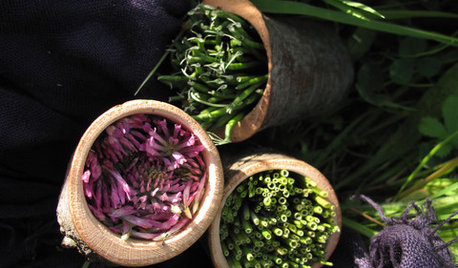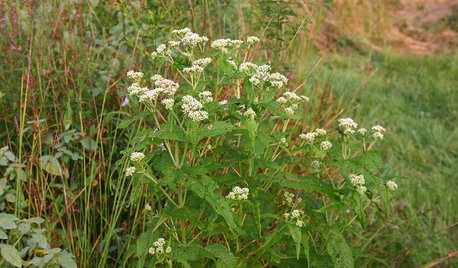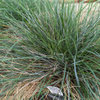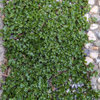Can I recover from bugs and disease in my garden
Harmtofuti
9 years ago
Related Stories

GARDENING GUIDESTree Care: Common Tree Diseases and What to Do About Them
Learn to recognize trees that may be affected by diseases or pests so you can quickly take action
Full Story
INSPIRING GARDENSWhat We Can Learn From Longwood Gardens’ New Meadow
Sustainability, ecology, native plant communities ... this public garden is brimming with lessons on horticulture for home gardeners
Full Story
URBAN GARDENSCan-Do Design Ideas From 8 City Gardens
Look to urban rooftops, walkways and street patches for small-space gardening approaches that embrace what's nearby
Full Story
EARTH DAYHow to Help Your Town’s Beneficial Birds and Bugs
Make a habitat using local materials to provide a home to the creatures that help our gardens
Full Story
GARDENING AND LANDSCAPINGPorch Life: Banish the Bugs
Don't let insects be the bane of your sweet tea and swing time. These screening and product ideas will help keep bugs at bay on the porch
Full Story
GARDENING AND LANDSCAPINGBid Bad Garden Bugs Goodbye and Usher In the Good
Give ants their marching orders and send mosquitoes moseying, while creating a garden that draws pollinators and helpful eaters
Full Story
DECORATING PROJECTSDIY Project: How to Re-Cover a Seat Cushion
Makeover a chair with a cool new seat cover, no sewing required
Full Story
LANDSCAPE DESIGN8 Ideas From Celebrated Garden Designers
Sophisticated designs from the 2012 Chelsea Flower Show can inspire your own garden escape
Full Story
GARDENING AND LANDSCAPINGBreezy and Bug-Free Modern Porches
Screening keeps pests out of these diverse porches across the U.S., while thoughtful designs keep them visually appealing
Full Story
GARDENING GUIDESGreat Design Plant: Common Boneset Helps Good Bugs Thrive
Support bees, moths and butterflies with the nectar of this low-maintenance, versatile and tactile prairie-style plant
Full Story









Kimmsr
ken_adrian Adrian MI cold Z5
Related Professionals
Citrus Heights Landscape Architects & Landscape Designers · Bridgetown Landscape Architects & Landscape Designers · Fillmore Landscape Architects & Landscape Designers · Hyattsville Landscape Architects & Landscape Designers · Piqua Landscape Architects & Landscape Designers · Bethel Park Landscape Contractors · East Hanover Landscape Contractors · Fairview Landscape Contractors · Fuquay-Varina Landscape Contractors · Merced Landscape Contractors · Rockland Landscape Contractors · Waltham Landscape Contractors · Whittier Landscape Contractors · Casselberry Landscape Contractors · Norco Stone, Pavers & ConcreteSequoiaMatt99
gardengal48 (PNW Z8/9)
squishsquash
susanzone5 (NY)